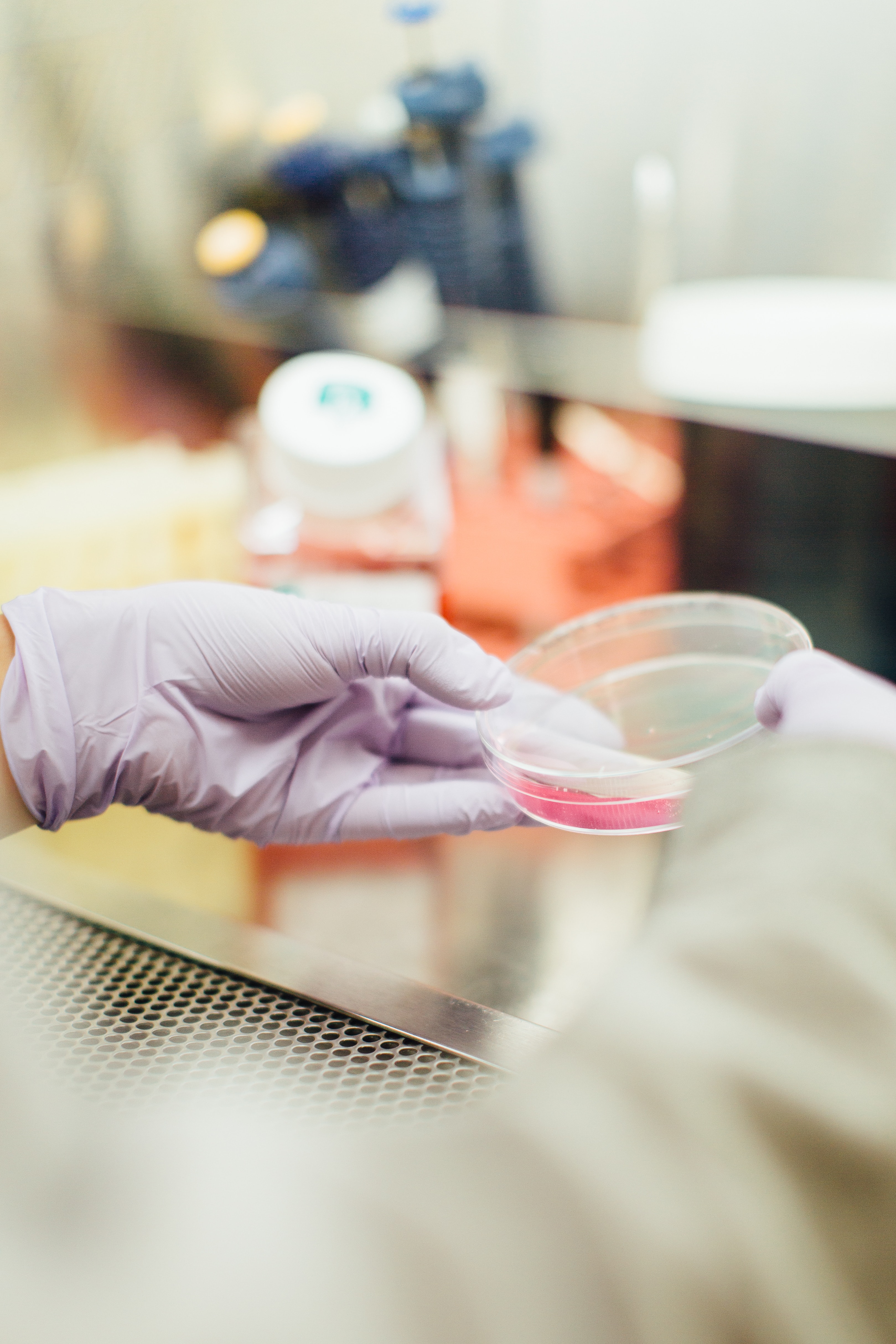Aim-listed Mkango Resources has announced the first production of recycled rare earth magnets in the UK on commercial-scale magnet manufacturing equipment in more than 20 years.
Production of recycled rare earth magnets at Tyseley is being developed by the University of Birmingham and rare earth magnet producer HyProMag, which is owned by Mkango’s 79.4%-held subsidiary Maginito.
Further production runs are planned in the coming weeks to provide customer and project partner samples.
Commercial production at Tyseley is targeted for mid-2024, with initial throughput targeted at 20 t/y of rare earth magnets and alloys, scaling up to a minimum of 100 t/y in subsequent months. Larger scale-up scenarios of up to 1 000 t/y are currently being evaluated, Mkango has said.
HyProMag is the main industrial partner for the Tyseley development and the exclusive licensee for underlying hydrogen processing of magnet scrap (HPMS) technology, developed at the University of Birmingham and now being commercialised by HyProMag.
HPMS is a new recycling technology that preserves the quality of the original magnets for reprocessing. It is considered to be a cleaner and more energy efficient process than the traditional dismantling, thermal demagnetisation and cleaning processes and lends itself to automated and efficient processing. The resulting recycled magnets are being made to recognised industrial grades.
The Tyseley development forms the basis for the 2024 development of magnet recycling and manufacture in Germany by HyProMag and for the 2025/26 development of a multispoke-and-hub operation in the US through a joint venture with CoTec Holdings.
“This is a major milestone for the company, HyProMag and for the UK, creating a strong platform to advance to commercial production and for the scale-up and roll-out of HPMS technology into Germany, the US and other jurisdictions.
“HyProMag’s recycling technology has . . . competitive advantages versus other recycling technologies, and is a key enabler for the cost effective and energy efficient separation and recycling of rare earth magnets, avoiding the need for dismantling, and enabling the production of magnets with a significantly reduced carbon footprint,” Mkango CE Will Dawes said.
Commissioning of the remaining equipment and infrastructure at Tyseley is expected in the coming weeks, followed by a transition to commercial production.
For the initial production runs, the recycled raw material feed was derived from wind turbine magnets, voice coil assemblies from hard disk drives and production scrap, which was processed through the existing recycling pilot plant commissioned in 2022 at the University of Birmingham, and then transported for short loop magnet manufacture at Tyseley.
“Beginning production on commercial-scale equipment is very exciting for all of us at HyProMag. We are receiving strong market interest to begin delivering recycled magnets to customers at scale – being able to start that over the coming months will be . . . positive. We also look forward to implementing the lessons learned as we see equipment arriving in Germany next year and in the US soon afterwards,” HyProMag operations GM Nick Mann said.
The interest for recycled magnets from potential customers has confirmed need to transition to commercial operations, as well confirming demand for recycling solutions from original-equipment manufacturers (OEMs) and automotive and recycling companies looking for a low cost and energy efficient circular solution for magnet recycling that does not require dismantling thanks to the HPMS technology.
“A huge amount of work has been carried out over the last year on the existing pilot plant at the University of Birmingham to produce a spectrum of neodymium magnets with a range of magnetic grades. This has allowed us to test recycled magnets in a range of products for the first time with extremely encouraging results.
“The installation of the new equipment at Tyseley Energy Park has allowed us to prove that these properties can be achieved on a commercial scale for the first time on automated equipment,” University of Birmingham magnetic materials group head and HyProMag founding director Professor Allan Walton said.
The magnets produced at Tyseley were of commercial grade, featuring a square loop with good coercivity (resistance to demagnetisation) and remanence (magnetic strength), which are key measures of magnetic performance.
Apart from providing feed during the commissioning phase of the Tyseley development, the pilot plant at the University of Birmingham has enabled the testing of a variety of scrap streams and the production of a range of products since its commissioning in 2022, generating operating information to support the scale-up and commercialisation of operations.
Further, more than 3 000 finished rare earth magnets have been produced to date by HyProMag and the University of Birmingham from recycled HPMS powder produced for project partners and potential customers from the pilot-scale equipment.
These magnets are being tested in a range of applications including automotive, aerospace and electronics applications, with others planned, providing valuable marketing and technical information to further support the scale-up and commercialisation of operations.
Apart from the production of finished magnets, the University of Birmingham pilot plant has also produced alloys for remelt testing and chemical processing, maximising the flexibility of the product suite and the ability to process different scrap streams.
Mkango is also developing a further pilot plant at Tyseley for long-loop recycling by means of a chemical process, which complements the HyProMag short loop recycling process and will also be commissioned in the coming weeks.
Material for chemical processing, including swarf, which is the powder produced from grinding and finishing magnets, will either be processed in-house by Mkango, or in partnership with third parties.
“Source: Mining Weekly”

 English
English


